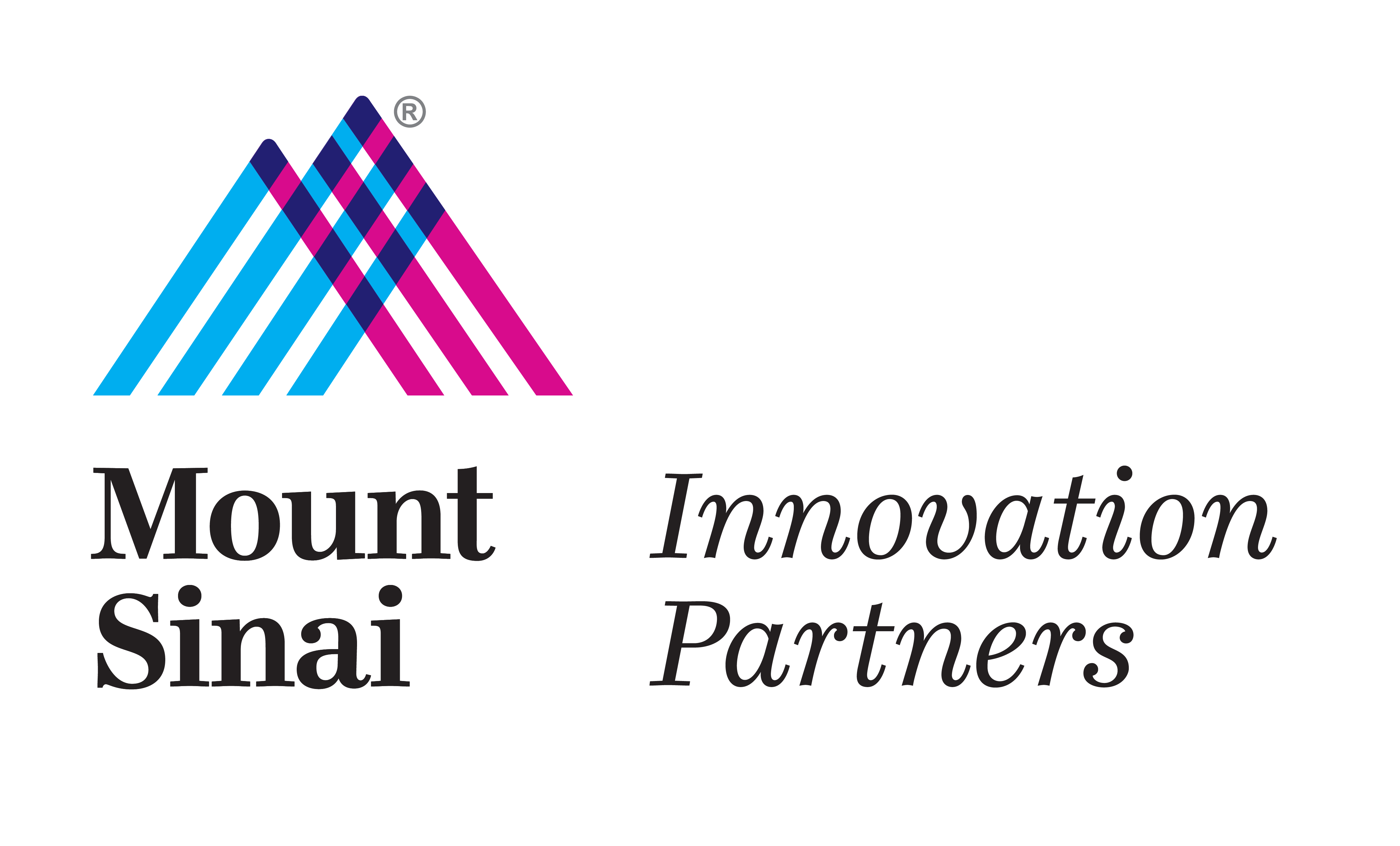Breaking Boundaries: How Yasmin Hurd, PhD, is Paving New Ground for Addiction Treatment
June 24, 2021
Neuroscientist Yasmin Hurd, PhD, has a natural way of connecting with people. Whether through her many research publications, a TED Talk, or during a virtual meeting with two team members of Mount Sinai Innovation Partners (MSIP), it is easy to be inspired by Hurd’s life and career as the Ward-Coleman Chair of Translational Neuroscience and Director of the Addiction Institute at Mount Sinai.
The curious little girl that could
Hurd’s determination in understanding the neurobiology behind the causes of addiction is rooted in her desire to stand out in a sea of uniform thinkers.
“I’ve always loved science, even as a kid,” says Hurd. “I was fascinated by why people behaved the way they did. Since kindergarten, I would constantly ask: ‘what’s going on in their brain?’”
Growing up in Jamaica, Hurd’s inquisitive nature steered her towards a career in neuroscience. She received her Ph.D. in Medical Science from the Karolinska Institute in Stockholm, Sweden. She later joined Karolinska’s faculty in the Department of Clinical Neuroscience, Psychiatry, and Psychology, where she built the confidence to push her research forward in the face of racial and gender perceptions.
“In America, I assumed everyone thought I wouldn’t contribute much, that I was just a black girl who liked science. In Sweden, being black was intriguing. The assumption was that since I was American, I must be the best,” said Hurd. “When others feel you can achieve something higher, it pushes you to do it. Even if you fail, you are still one step closer to achieving it.”
Hurd explained the crucial connection between a global perspective and increasing diversity in science: if the American school system started to bring children “out of the norm,” as she says, and encouraged them to think outside the box, they may be motivated to explore new ideas and discover their full potential irrespective of their country of origin, just as she did.
In 2006, Hurd joined Mount Sinai as a Professor in the Departments of Psychiatry, Neuroscience, and Pharmacological Sciences. She was drawn to Sinai’s strengths in clinical translation and its collaborative nature, optimizing the ability to bring healthcare discoveries from the research setting into the clinical setting with patients. She became the Director of the Addiction Institute in 2017.
“Mount Sinai embodies translation. It is integrated into the fabric of the health system,” said Hurd. “I wanted to focus my research on an area relevant to the human condition and to connect it to the clinical realm, and Sinai offered that ability better than anywhere else.”
Addiction Research: an Underdog of Medical Science
Hurd’s research in addiction neurobiology studies how opioids change the brain and alter behavior. She ultimately determined that epigenetics, or the biological study of how the environment impacts inherited changes in gene expression, played a critical role in why some individuals develop an addiction and others do not. These mechanisms can provide the blueprint for how genes are expressed under pathological conditions. According to Hurd, an individual’s environment can also influence this genetic structure. Research in the brain of heroin users showed disordered gene expression linked to epigenetic disturbances, with certain genes ‘turned off’ when a non-heroin user’s genes would be ‘turned on.’ This difference can account not only for heroin cravings, but could also lead to neurocognitive impairments, with pathological patterns similar to Alzheimer’s disease.
“We had noticed these neuropathological transitions before and thought perhaps that these opioid-using individuals had hit their heads. Once we saw it on a molecular level, it was apparent that heroin was inducing these neuropathological changes,” said Hurd.
Hurd and her team at the Addiction Institute explored the use of cannabidiol (CBD), one of the many chemicals found in cannabis plants, to reduce cravings. Their pioneering study in animal models showed decreased heroin-seeking behavior, which has paved the way for the development of a potential new treatment approach that could be translated for human use. According to Hurd, the impact of these regulated doses of CBD to reduce craving and anxiety remained apparent even one week after the last dose.
“Addiction is not a disorder of reward, but rather of compulsive behavior due to the loss of inhibitory control triggered by negative emotion and stress,” said Hurd. “CBD does not have a rewarding property, it has a wide safety margin and targets the core biological features of the addiction with a lasting effect.”
Despite this breakthrough in addiction research, Hurd’s work was often met with backlash based on biases against CBD and addiction itself. Hurd shared that the stigma and lack of sympathy often associated with addiction have caused many to lose their lives.
“There is so much that people don’t understand about addiction, such as assuming an addict has chosen this path,” said Hurd. “Epigenetics means this is reversible; addiction can be changed.”
Hurd and team are now conducting large-scale clinical trials using novel CBD compounds to regulate opioid cravings. By identifying the biological causes in the brain that lead to addiction and understanding these causes can be altered on a molecular basis via CBD, lives can be saved from opioid addiction as well as from the early prevention of neurocognitive disorders.
Lessons Learned
The foundation of Hurd’s research is very much aligned to her mantra: color outside the lines, in both life and work. Hurd says that having the courage to speak up and offer a perspective that may be unique to others, especially in science, is how we can educate and inspire one another. She referred to the murder of George Floyd in May 2020, which sparked the resurgence of the Black Lives Matter (BLM) movement and a point at which America took another look at itself and realized that change was critical.
“If we can educate children to reach outside of the norm, we can evoke confidence,” said Hurd. “It is not about trying to be the smartest one in the room; just know that you belong because you bring unique perspectives, along with passion and commitment which are keys for success.”

